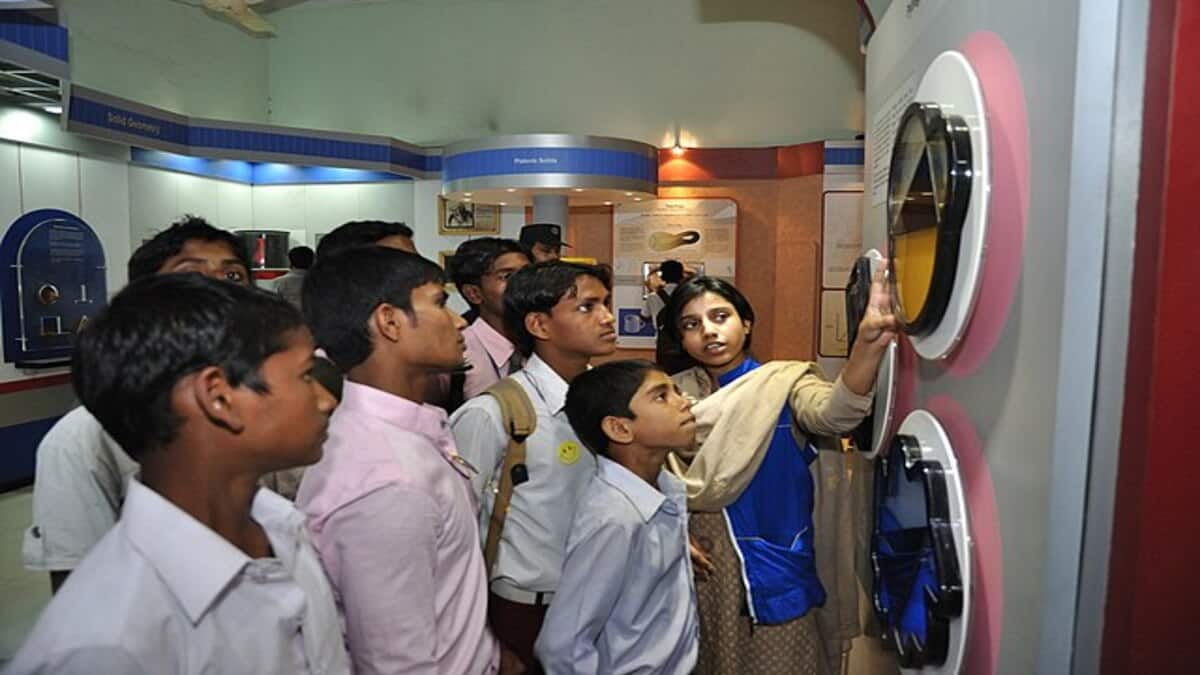NCERT module on internet addiction to promote digital literacy among students: Education ministry
Suviral Shukla | March 28, 2025 | 04:20 PM IST | 2 mins read
The module on ‘Internet Addiction’ aims to equip students with self-regulation techniques while empowering educators and parents to promote a healthy digital lifestyle, the ministry said.

NEW DELHI: The National Council of Education Research and Training (NCERT) has unveiled a module on internet addiction to address the growing concern of excessive internet use among students, the ministry of education said.
The module on ‘Internet Addiction’ aims to equip students with self-regulation techniques while empowering educators and parents to promote a healthy digital lifestyle, the ministry said.
The module helps in identifying signs and symptoms of internet addiction, and offers strategies for balanced screen time and digital detox. In addition, it addresses the impact of excessive internet usage on mental, physical and academic well-being of students. The module also provides guidance for parents and teachers on monitoring and managing internet usage.
The council released the module at the project programme review meeting in Dehradun. The initiatives align with the vision of National Education Policy (NEP 2020) to integrate mental wellbeing and to promote digital literacy among students, as per the ministry of education.
NCERT module on 'Internet Addiction'
As per the NCERT module, the different types of internet related addiction are:
- Social Networking: Excessive use of social media platforms such as Facebook, Facebook Messenger, Instagram, LinkedIn, Twitter, WhatsApp, Snapchat, Pinterest, YouTube, and many more, results in social networking addiction.
- Online Shopping: Compulsive buying disorders is characterised by excessive, unnecessary spending on different online products while leads to the development of emotional disturbances and financial problems.
- Gaming: As per the date, the number of people who play games is estimated to be more than 3 billion. The harmful consequences of excessive gaming were also recognised by the World Health Organisation (WHO), and gaming disorder (GD) was included in their 2016 release of the 11th revision of the International Classification of Diseases (ICD-11).
- Online Gambling: This includes virtual poker, online casinos, and sports betting, as well as bingo, lotteries, mobile gambling, virtual sports, and many more. Compulsive gambling is marked by an intense, uncontrollable urge to gamble.
- OTT: Netflix, Disney+, YouTube, and Amazon Prime Video, one of the most popular Over-the-top (OTT) platforms, provide endless entertainment options for viewers. While these platforms offer educational and recreational content, excessive use can lead to
- addiction, especially among children.
- Pornography: Children are increasingly exposed to online pornography, often unintentionally by accidental exposure such as curiosity, pop-up ads, misleading links, and social media. Moreover, curiosity, peer influence, and unrestricted internet access also exposes them to these sites. Hence, as a result, children develop distorted views on relationships and sexuality.
Follow us for the latest education news on colleges and universities, admission, courses, exams, research, education policies, study abroad and more..
To get in touch, write to us at news@careers360.com.